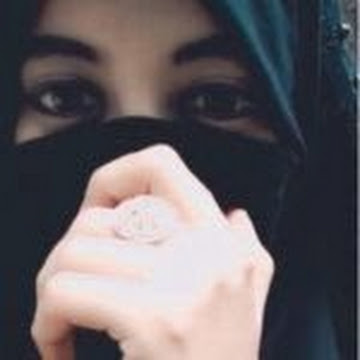Have you ever caught your feline friend acting a bit off and wondered, “Is Whiskers feeling okay?
It’s a common concern for cat owners, but deciphering the subtle signs of a health issue in cats can be like solving a mystery. Let’s embark on this journey together, shall we?
Understanding Your Cat’s Normal
Before we dive into the red flags, it’s crucial to know what’s “normal” for your kitty. Every cat is unique—some are more active, while others prefer lounging in the sun. Recognizing your cat’s baseline behavior is the first step in spotting any deviations.
Common Signs of Good Health:
- Bright Eyes: Clear and bright, without any discharge.
- Clean Coat: Shiny fur without bald patches.
- Active Behavior: Engaging in play and exploration.
- Regular Eating and Drinking: Consistent appetite and hydration.
But what if you notice something’s amiss?
How to Check if Your Cat Has a Health Problem
Changes in Appetite or Weight
Is your cat suddenly turning into a picky eater or, worse, losing weight rapidly? It could be a sign of dental issues, kidney disease, or other health problems.
Altered Grooming Habits
A cat who’s not grooming itself properly might be dealing with pain or stress. On the flip side, over-grooming can indicate allergies or skin conditions.
Lethargy or Hyperactivity
Suddenly becoming sluggish or overly energetic can signal underlying issues ranging from infections to thyroid problems.
Respiratory Issues
Persistent coughing, sneezing, or difficulty breathing? Time to consult the vet.
Digestive Changes
Vomiting, diarrhea, or constipation aren’t just gross—they could point to dietary problems or more serious ailments.
Real-World Example: Meet Luna
Take Luna, for instance. Her owner noticed she wasn’t climbing her favorite tree as usual. A vet visit revealed kidney disease early on, thanks to that keen observation. If only Luna could talk, right?
Table Of Common Health Issues in Cats and Their Signs
| Health Issue | Signs | Potential Causes |
|---|---|---|
| Kidney Disease | Increased thirst, weight loss, lethargy | Aging, infections, toxins |
| Dental Problems | Bad breath, difficulty eating, drooling | Plaque buildup, gum disease |
| Hyperthyroidism | Weight loss, increased appetite, hyperactivity | Thyroid gland overproduction |
| Diabetes | Excessive drinking and urination, weight loss | Pancreatic issues, genetics |
| Arthritis | Limping, reduced activity, stiffness | Aging, injury, genetic predisposition |
| Respiratory Infections | Sneezing, coughing, nasal discharge | Viruses, bacteria, allergens |
When Should You Visit the Vet?
Ah, the million-dollar question. If you’re scratching your head thinking, “Should I call the vet now?” here are some guidelines:
- Persistent Symptoms: Lasting more than a day or two.
- Severe Changes: Sudden and drastic behavior shifts.
- Pain Indicators: Vocalizing, hiding, or aggression.
- Age Factors: Older cats are more susceptible to health issues.
FAQ About Check if Your Cat Has a Health Problem
Q: How often should I take my cat to the vet?
A: Annual check-ups are recommended, but senior cats or those with health issues might need more frequent visits.
Q: Can I prevent most health problems in cats?
A: While not all issues are preventable, regular vet visits, a balanced diet, and a safe environment can significantly reduce risks.
Q: What should I do if my cat is showing multiple symptoms?
A: Don’t panic! Note all the symptoms and consult your veterinarian promptly for a comprehensive evaluation.
Q: Are certain breeds more prone to health issues?
A: Yes, some breeds have predispositions to specific conditions. It’s essential to research and be aware of any breed-specific concerns.
Q: How can I make vet visits less stressful for my cat?
A: Use a comfortable carrier, bring familiar blankets or toys, and remain calm to help soothe your cat during the visit.
Listen to Your Gut
Sometimes, your instincts as a pet parent are spot on. If something feels off, trust yourself and seek professional advice. After all, you know your cat better than anyone else.
Final Thoughts
Cats may be mysterious creatures, but with a little attention and understanding, you can ensure they lead healthy, happy lives.
Keep an eye out for those subtle signs, and don’t hesitate to reach out to your vet when in doubt. After all, a healthy cat is a happy cat!






